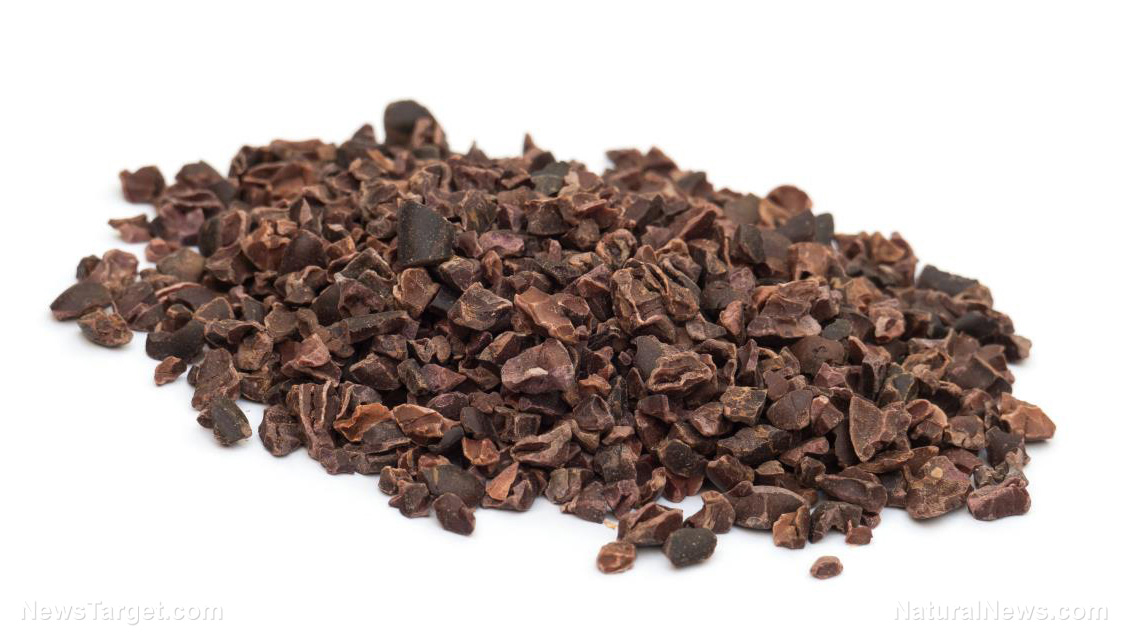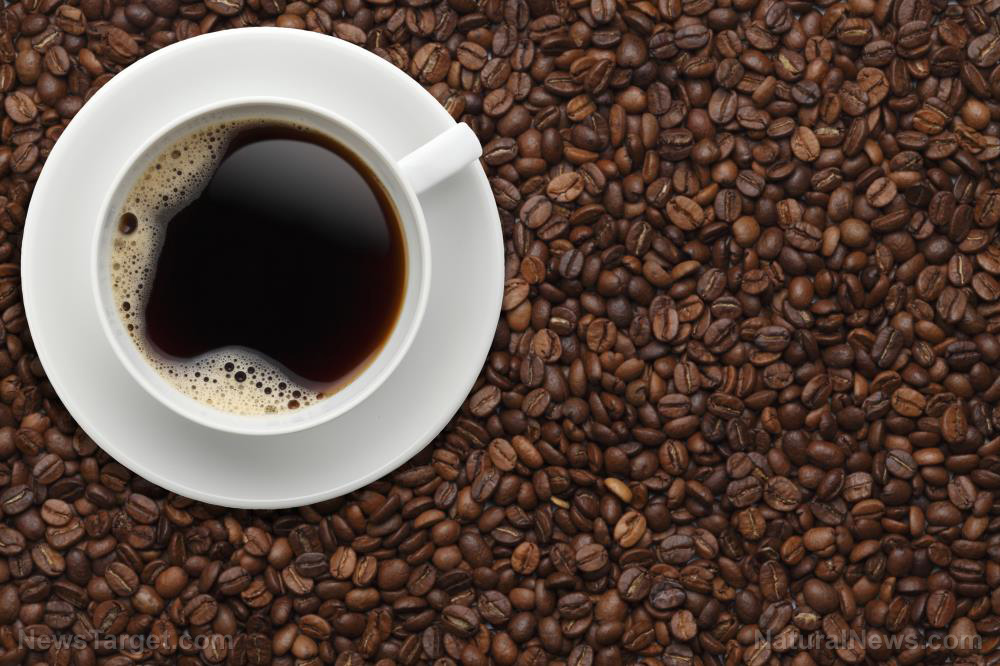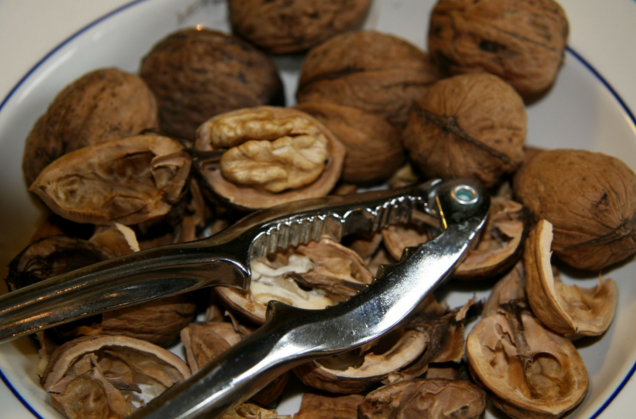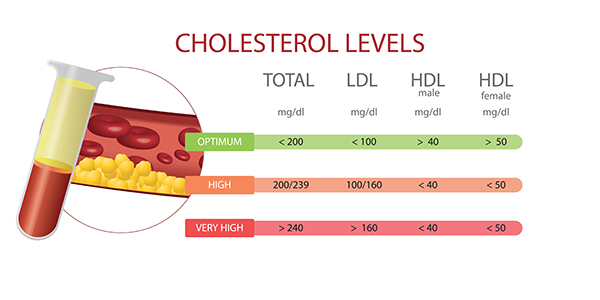How MORNING CHOCOLATE boosts brain health, mood, and metabolism
07/31/2025 / By Lance D Johnson

For many, chocolate is a guilty pleasure—something indulgent reserved for dessert or a late-night craving. But what if eating chocolate first thing in the morning could actually sharpen your mind, lift your spirits, and even aid weight management? Emerging research suggests that starting the day with dark chocolate isn’t just decadent—it’s scientifically smart.
Chocolate, particularly high-quality dark varieties, contains powerful plant compounds that enhance brain function, mood, and metabolic health. Registered dietitian nutritionist Molly Knudsen highlights its potential: “Breakfast kick-starts your metabolism and feeds your brain—so why not include chocolate?” Beyond taste, the flavonoids and theobromine in cacao provide measurable cognitive and physiological perks.
Key points:
- Dark chocolate (70%+ cacao) contains flavonols, antioxidants that enhance blood flow to the brain and improve memory.
- Consuming chocolate in the morning may boost mood by increasing serotonin and endorphins.
- Studies show chocolate for breakfast helps regulate glucose levels and may reduce belly fat compared to nighttime consumption.
- Theobromine acts as a mild stimulant, sharpening the mind and making the nervous system more alert.
- Phenylethylamine lifts mood, helping you go from groggy to excited for the day.
Why chocolate deserves a spot at breakfast
Chocolate’s origins trace back to the ancient Mayans and Aztecs, who revered cacao as a sacred “food of the gods.” Modern science now confirms its benefits. Unlike sugary milk chocolate, high-cacao dark chocolate retains the plant’s natural compounds:
- Flavonols improve cerebral blood flow, enhancing focus and memory. A 2019 study found that daily dark chocolate consumption boosted cognitive performance for weeks.
- Theobromine, a mild stimulant, sharpens alertness without the jitters of coffee.
- Phenylethylamine triggers endorphin release, lifting mood naturally.
“Having chocolate earlier maximizes these effects,” Knudsen explains. “It primes your brain and body for the day ahead.”
Mood, metabolism, and memory—the triple payoff
1. A brain boost before noon
Multiple studies link chocolate to better cognition, particularly in aging adults. Flavonols increase oxygen to the cortex—the area most affected by aging—improving learning and recall. A 2021 study noted that postmenopausal women who ate chocolate for breakfast showed improved fasting glucose levels and reduced belly fat—likely due to better metabolic regulation.
2. Happiness in every bite
Dark chocolate’s mood-enhancing effects aren’t just placebo. Research confirms it raises serotonin levels, akin to a natural antidepressant. “The stimulation of endorphins is real,” Knudsen says. “It’s why people instinctively reach for chocolate when stressed.”
3. Sweetening metabolic health
Contrary to fears of weight gain, controlled chocolate intake may aid fat loss. Morning consumption helps regulate appetite, leading to fewer calories eaten later. The key? Opt for nutrient-dense versions like unsweetened cocoa powder or minimally processed dark chocolate.
How to choose your chocolate wisely
Not all bars are equal. Avoid sugary imposters by selecting:
- 70%+ cacao dark chocolate (higher percentages mean more flavonols).
- Unsweetened cocoa powder (just 1–2 tablespoons daily).
Portion matters: 1–2 ounces per day delivers benefits without excess calories.
Why chocolate is beneficial for the body and mind
1. Flavonols: Cognitive enhancement and antioxidant power
Chocolate, particularly raw cacao, is packed with flavonols, a subgroup of flavonoids with profound health benefits. Flavonols act as potent antioxidants, neutralizing harmful free radicals that contribute to oxidative stress and chronic inflammation—both linked to neurodegenerative diseases like Alzheimer’s and cognitive decline.
Why are flavonols important?
- Improve brain blood flow: Flavonols enhance nitric oxide production, which dilates blood vessels, improving circulation to the brain. This supports the hippocampus (critical for memory and mood regulation) and boosts cognitive performance, working memory, and attention.
- Neuroprotection: By reducing inflammation and promoting neurogenesis (growth of new brain cells), flavonols help protect against dementia and age-related cognitive decline.
- Cardiovascular benefits: Enhanced blood flow benefits not just the brain but also heart health, lowering the risk of stroke and hypertension.
- Scientific insight: Studies, including those published in Nature Neuroscience, show that high-flavanol chocolate can reverse age-related memory decline in older adults, reinforcing its role as a brain-boosting superfood.
2. Theobromine: A mild stimulant for focus and mood
Theobromine, a natural stimulant found in cacao, is chemically similar to caffeine but with milder effects. It interacts with the central nervous system, offering subtle energizing and mood-boosting properties without the jitters associated with coffee.
Why is theobromine important?
- Sustained energy & focus: Unlike caffeine, theobromine provides a gradual release of energy, improving alertness and concentration without crashes.
- Mood elevation: It stimulates dopamine production—a neurotransmitter linked to pleasure and motivation—enhancing feelings of well-being.
- Cardio-protective effects: Theobromine helps relax blood vessels, supporting healthy circulation and reducing blood pressure.
- Scientific insight: Research in Psychopharmacology suggests theobromine may improve performance on attention-demanding tasks while also acting as a gentle antidepressant, making chocolate a functional food for mental clarity and emotional balance.
3. Phenylethylamine (PEA): The “Love Chemical” behind chocolate’s bliss
Phenylethylamine (PEA) is a naturally occurring compound that stimulates the release of endorphins and dopamine, mimicking the brain’s chemistry during moments of excitement or attraction—hence its nickname as the “love molecule.”
Why is PEA important?
- Endorphin release: PEA triggers a euphoric, uplifting sensation, reducing stress and elevating mood—similar to the “runner’s high.”
- Neurotransmitter modulation: It enhances dopamine and serotonin activity, combating symptoms of depression and anxiety.
- Mental sharpness: Some evidence suggests PEA may improve focus by heightening alertness and emotional engagement.
- Scientific insight: While PEA breaks down quickly in the body, chocolate’s synergistic compounds (like flavonoids) help prolong its effects. A study in The Journal of Neuropsychiatry linked PEA to improved mood states, supporting chocolate’s reputation as a natural anti-stress treat.
Chocolate transcends dessert status when eaten strategically. By morning, its compounds optimize mental clarity, emotional balance, and metabolic efficiency. So tomorrow’s breakfast? Make it dark, make it deliberate—and savor the science.
Sources include:
Submit a correction >>
Tagged Under:
antioxidants, brain function, breakfast, Cacao, cognitive performance, dark chocolate, diabetic-friendly, endorphins, flavonols, health benefits, heart health, mental clarity, metabolism, Mood booster, nutrition, serotonin, Theobromine, weight management, wellness
This article may contain statements that reflect the opinion of the author
RECENT NEWS & ARTICLES
Antioxidants.News is a fact-based public education website published by Antioxidants News Features, LLC.
All content copyright © 2018 by Antioxidants News Features, LLC.
Contact Us with Tips or Corrections
All trademarks, registered trademarks and servicemarks mentioned on this site are the property of their respective owners.



















